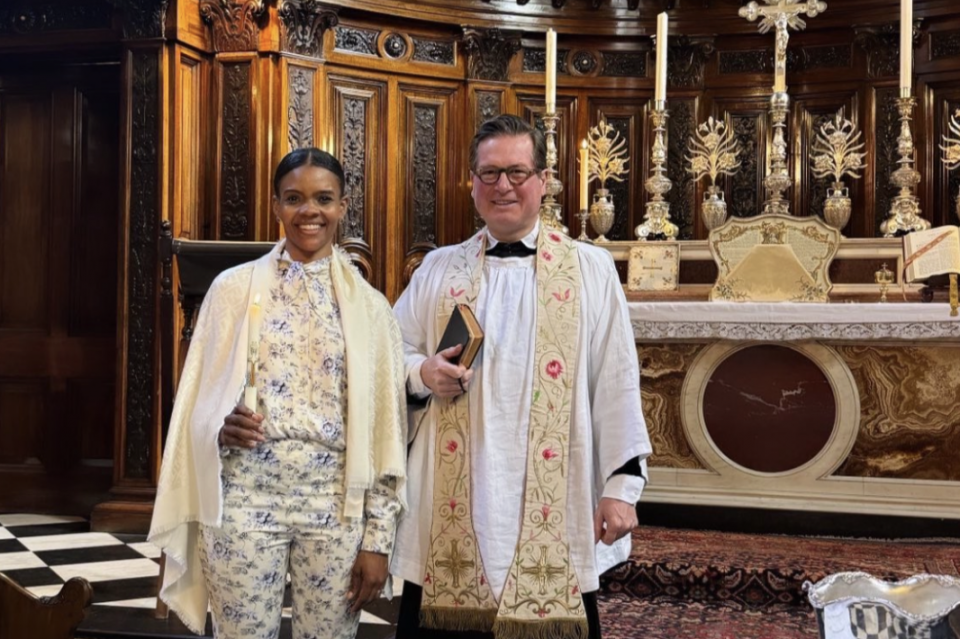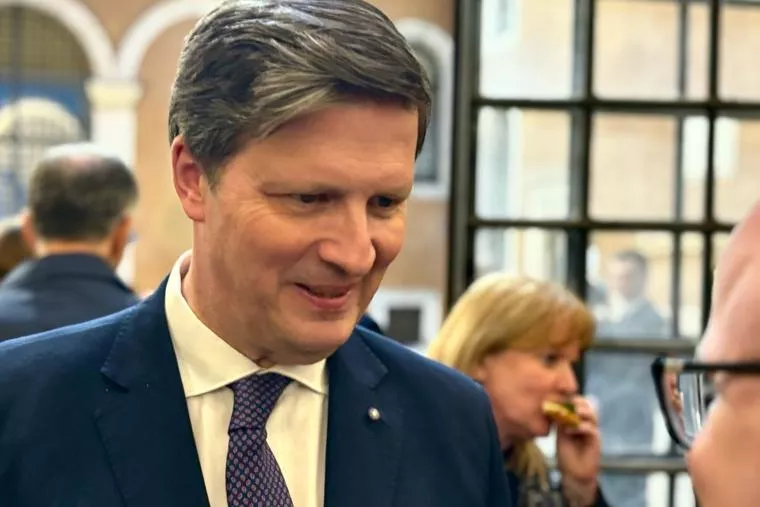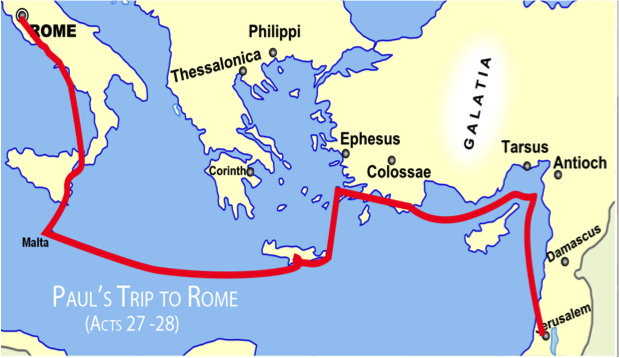On Funding (or Dissolving) Episcopal Conferences, by Dr. Jeff Mirus

BREAKING: Democrats Vote Against Motion Calling Unborn Babies Members ‘of the Species Homo Sapiens’
January 11, 2020
Newly Released 60-Page Report Details US Bishop’s Predatory Sexual Behavior, Reckless Spending, by Doug Mainwaring
January 11, 2020
By Dr. Jeff Mirus, Catholic Culture, Jan 10, 2020
Jeffrey Mirus holds a Ph.D. in intellectual history from Princeton University. A co-founder of Christendom College, he also pioneered Catholic Internet services. He is the founder of Trinity Communications and CatholicCulture.org. See full bio.
 Today’s news about the minimal approval for a subsidy hike for the USCCB merits reflection. The Conference of Catholic Bishops in the United States—as in other countries—is funded by assessments on each diocese. These assessments are controlled and imposed in the United States by a two-third majority vote of all of the bishops, which I presume to be typical. Proposed increases do not always pass, but in this case, a three percent increase failed inconclusively at the annual November meeting among those present.
Today’s news about the minimal approval for a subsidy hike for the USCCB merits reflection. The Conference of Catholic Bishops in the United States—as in other countries—is funded by assessments on each diocese. These assessments are controlled and imposed in the United States by a two-third majority vote of all of the bishops, which I presume to be typical. Proposed increases do not always pass, but in this case, a three percent increase failed inconclusively at the annual November meeting among those present.
In other words, while the two-thirds majority was not quite achieved at that time, it was still thought to be possible if all the absent bishops could cast votes. As it turned out, the more complete vote conducted by mail resulted in exactly the number of “yes” votes to ensure passage—130 in favor, 62 against, and three abstentions. The measure required a minimum of 129.9987 votes to pass—in other words, 130.
The question here is not so much who did the counting of the ballots. The question is why it was so hard to get the increase in funding approved. And the answer to that questions is almost certainly three-fold:
-
The toll taken on diocesan finances by sex abuse settlements: This is widely acknowledged on all sides. A diocese unsaddled with the costs of litigation and damages is rare, and no few are in bankruptcy or facing bankruptcy. ….
Read more here https://www.catholicculture.org/commentary/on-funding-or-dissolving-episcopal-conferences/




